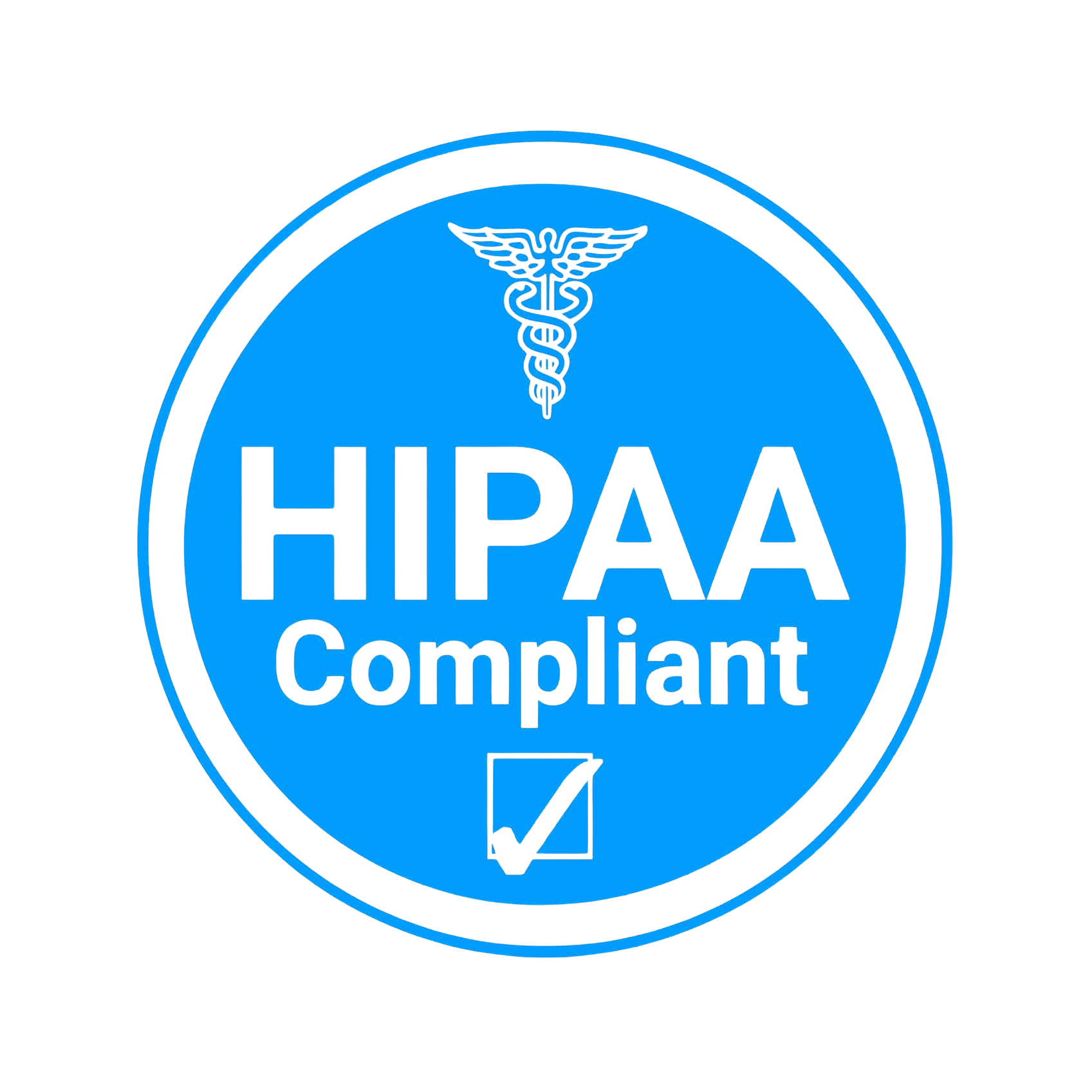Introduction: Why AI and regulation go hand in hand
With the growing impact of artificial intelligence (AI), the European Commission introduced the AI European Act, an innovative legislation that changes how companies implement AI. In addition to technical and ethical requirements, the law also highlights the importance of AI literacy — the ability of employees to understand and use AI technology effectively. This article discusses how the AI Act forces companies to promote AI literacy and what responsibilities companies have within the law's various risk categories.
Section 1: What is the AI European Act and why is AI literacy important?
The AI European Act provides a comprehensive regulatory framework that classifies AI systems according to their level of risk and imposes specific requirements on companies. At the same time, the law emphasizes that companies must invest in AI literacy, not only to comply with regulations, but also to empower their employees to use AI ethically and effectively.
The levels of risk in the AI Act:
- Banned AI systems:some text
- Applications such as social scoring and manipulative techniques are completely prohibited.
- These systems are considered to be an unacceptable risk because of their potential to infringe fundamental rights.
- High-risk AI systems:some text
- Examples: AI systems in law enforcement, medical devices, and education.
- Obligations: Comprehensive technical documentation, risk assessments and transparency requirements.
- Companies must train employees to use and manage these systems to ensure compliance.
- Limited-risk AI systems:some text
- Examples: Chatbots and algorithms that recommend users.
- Obligations: Transparency, such as informing users that they are dealing with an AI system.
- Minimal risk of AI systems:some text
- Examples: Spam filters and machine translation programs.
- These systems require minimal regulation and have only basic requirements such as preventing harmful outputs.

Section 2: The role of AI literacy in compliance
The AI European Act requires companies to implement AI not only technically correctly, but also ethically. This requires that employees understand AI in terms of both use and risks. Without AI literacy, companies can:
- Making mistakes in risk assessments.
- Failure to comply with transparency requirements.
- Risk of heavy fines for non-compliance.
Synthwave Solutions and AI Literacy
Synthwave Solutions offers training courses that teach employees:
- How they use AI systems correctly, with a focus on compliance.
- Recognizing ethical dilemmas and managing risks.
- Effectively integrate AI technologies into existing processes.

Section 3: Business requirements within the risk scales
High-risk AI: What does it mean for companies?
Companies that use high-risk AI have obligations such as:
- Technical documentation: It should include the entire system lifecycle, including risk analysis and incident reporting.
- Fundamental rights protection: Companies must ensure that these systems do not cause discrimination or violate individual rights.
- Human supervision: Employers must ensure that employees are trained to evaluate decisions made by AI systems.
Limited and minimal AI risk:
While these categories have less stringent requirements, it remains important that companies:
- Ensure transparency, for example by informing users about how to interact with an AI system.
- Ensuring a safe and ethical implementation.
Section 4: Benefits of Compliance
In addition to avoiding fines and reputational damage, compliance with the AI European Act offers important benefits:
- Innovation incentive: Regulatory sandboxes make it possible to test new AI technologies without full compliance requirements.
- Customer trust: Transparency and safety standards increase customer trust in AI products and services.
- Competitive advantage: Companies with strong AI literacy and compliance are better prepared for future regulations and market requirements.

Conclusion: Build AI Literacy and Get Your Business Ready
The AI European Act not only highlights the importance of regulation, but also of AI literacy within organizations. Companies that invest in employee training and meet risk-based requirements will benefit from improved competitiveness and innovation.
Ready to transform your business with AI? Synthwave Solutions offers training and consultancy to help your team become AI-ready and ensure compliance with the AI Act. Get in touch with us today!
Source citation:
[2]: Full text + PDF - EU Artificial Intelligence Act [3]: A Practical Organizational Framework for AI Accountability [4]: Regulation - EU - 2024/1689 - EN - EUR-Lex [5]: https://iapp.org/resources/article/top-impacts-eu-ai-act-regulatory-implementation-application/ [6]: https://www.pillsburylaw.com/en/news-and-insights/eu-ai-act.html [7]: https://www.gisreportsonline.com/r/ai-act-eu-regulation-innovation/ [8]: https://www.iese.edu/insight/articles/artificial-intelligence-europe-innovation-regulation/ [9]: https://www.cidob.org/en/publications/european-ai-regulation-opportunities-risks-and-future-scenarios-metropolitan



